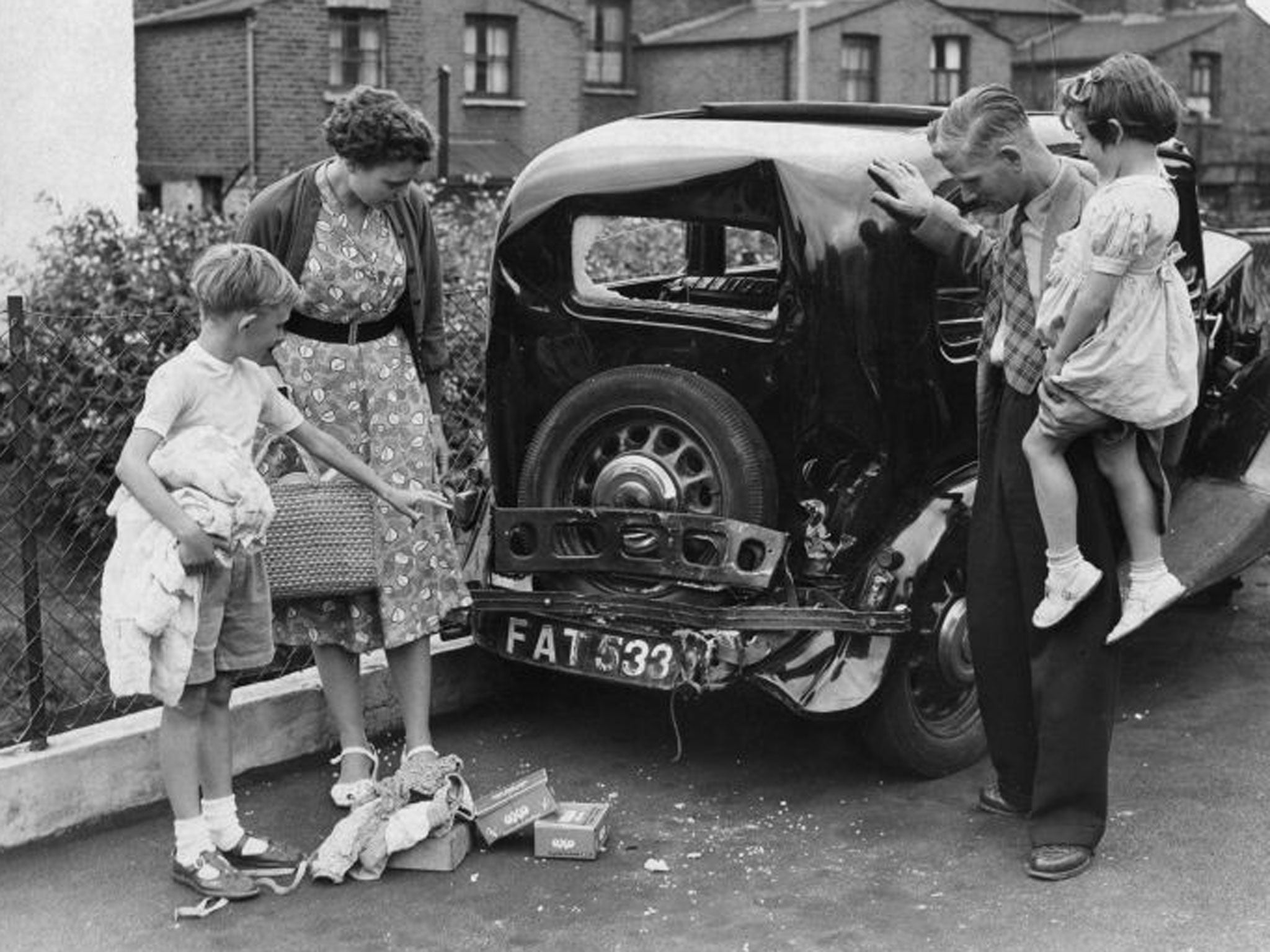As a scientist who researches false memories, I find talk of ‘the good old days’ before the EU very familiar
If you were in your ‘reminiscence bump’ before the UK joined the EU in 1973 you are at risk of remembering these times more fondly and in more detail than they actually were

Your support helps us to tell the story
From reproductive rights to climate change to Big Tech, The Independent is on the ground when the story is developing. Whether it's investigating the financials of Elon Musk's pro-Trump PAC or producing our latest documentary, 'The A Word', which shines a light on the American women fighting for reproductive rights, we know how important it is to parse out the facts from the messaging.
At such a critical moment in US history, we need reporters on the ground. Your donation allows us to keep sending journalists to speak to both sides of the story.
The Independent is trusted by Americans across the entire political spectrum. And unlike many other quality news outlets, we choose not to lock Americans out of our reporting and analysis with paywalls. We believe quality journalism should be available to everyone, paid for by those who can afford it.
Your support makes all the difference.Longing for the ‘good old days’? Before the EU ‘ruined’ the UK? If so, you may have a memory bias.
I'm a scientist who studies false memory. In my research I convince people that they experienced complex and highly emotional events that never happened.
Let me explain how false memories can threaten effective political decision-making.
Politicians like Nigel Farage, Boris Johnson, and Donald Trump, like to use a rhetoric that emphasises how much better things were before the UK joined the EU (or the ‘European Community’ as it was known at the time). They like to remind us of the ‘good old days’, before pesky migrants, international human rights and elaborate trade deals. They tell us that they want to make our countries great again.
But our countries are already great, certainly when compared to the UK’s pre-EU past. ‘Leave’ campaigners seem to have forgotten how not-so-good the old days actually were.
It seems that many of the ‘leave’ campaign’s arguments are based on a misremembered nostalgia. They seem to forget that before the UK joined the EU, people died younger, employers discriminated freely, European countries regularly went to war, and of course, the whole country ate terrible food.
Instead of assuming that the nostalgia peddled by the Leave campaigners is malicious or manipulative, I posit that it may be the result of false memory.
More specifically, these political pundits may have what scientists refer to as ‘rosy retrospection’. This is our “tendency to remember and recollect events more fondly and positively than they were at the time of the experience”. Rosy retrospection means that some of us are likely to have memories of our country’s past that make it seem better than it actually was.
There is also the issue that “Britons become increasingly eurosceptic as they grow older.” As the following graph shows, the increase is striking, and “the tipping-point for anti-EU feeling has been found to come in voters’ early 40s”.
But, why? Research has shown that people 40+ generally have a ‘reminiscence bump’. The reminiscence bump means that, in the long run, we remember our adolescence and early twenties better than any other periods of our lives.
It means that if you were in your reminiscence bump before the UK joined the EU in 1973, or before some of the consequences of joining were implemented, you are at risk of remembering these times more fondly and in more detail than they actually were.
When you are standing at the polls contemplating your referendum decision, don’t let your nostalgia bias sway you. Instead, look at the objective evidence as to what is best for Britain.
Dr Julia Shaw works at London South Bank University in the department of Law and Social Sciences. She is a senior lecturer, researcher, and author of "The Memory Illusion: Remembering, Forgetting, and the Science of False Memory”.

The EU referendum debate has so far been characterised by bias, distortion and exaggeration. So until 23 June we we’re running a series of question and answer features that explain the most important issues in a detailed, dispassionate way to help inform your decision.
What is Brexit and why are we having an EU referendum?
Does the UK need to take more control of its sovereignty?
Could the UK media swing the EU referendum one way or another?
Will the UK benefit from being released from EU laws?
Will we gain or lose rights by leaving the European Union?
Will Brexit mean that Europeans have to leave the UK?
Will leaving the EU lead to the break-up of the UK?
What will happen to immigration if there's Brexit?
Will Brexit make the UK more or less safe?
Will the UK benefit from being released from EU laws?
Will leaving the EU save taxpayers money and mean more money for the NHS?
What will Brexit mean for British tourists booking holidays in the EU?
Will Brexit help or damage the environment?
Join our commenting forum
Join thought-provoking conversations, follow other Independent readers and see their replies
Comments